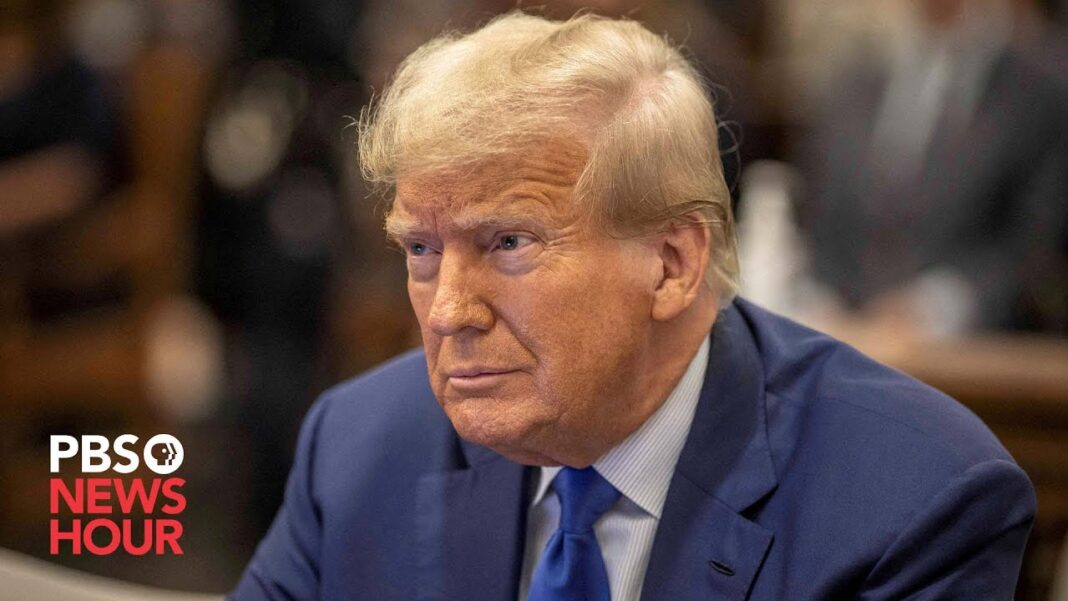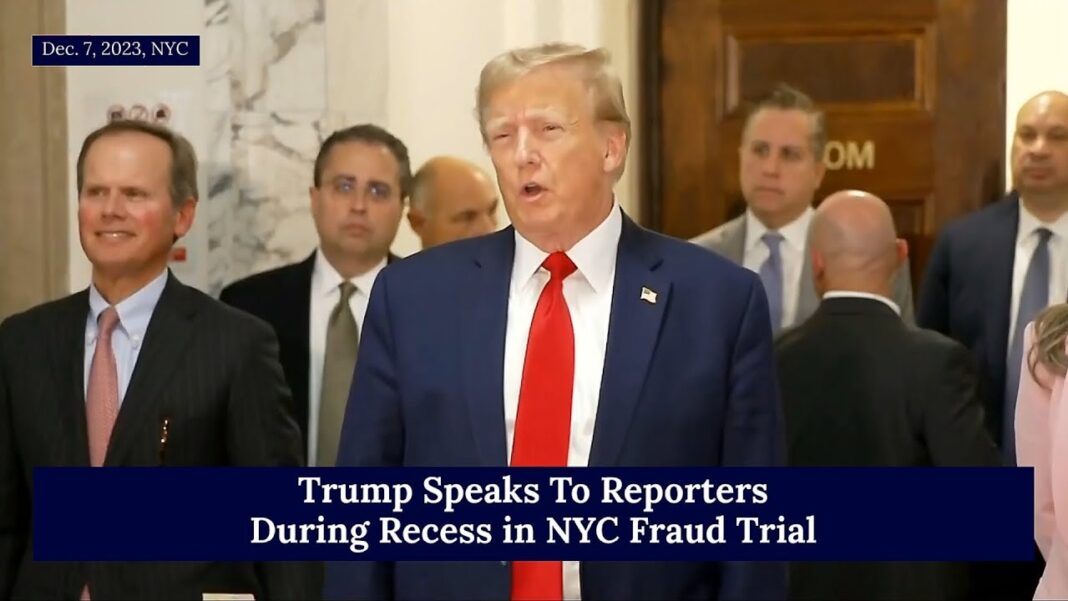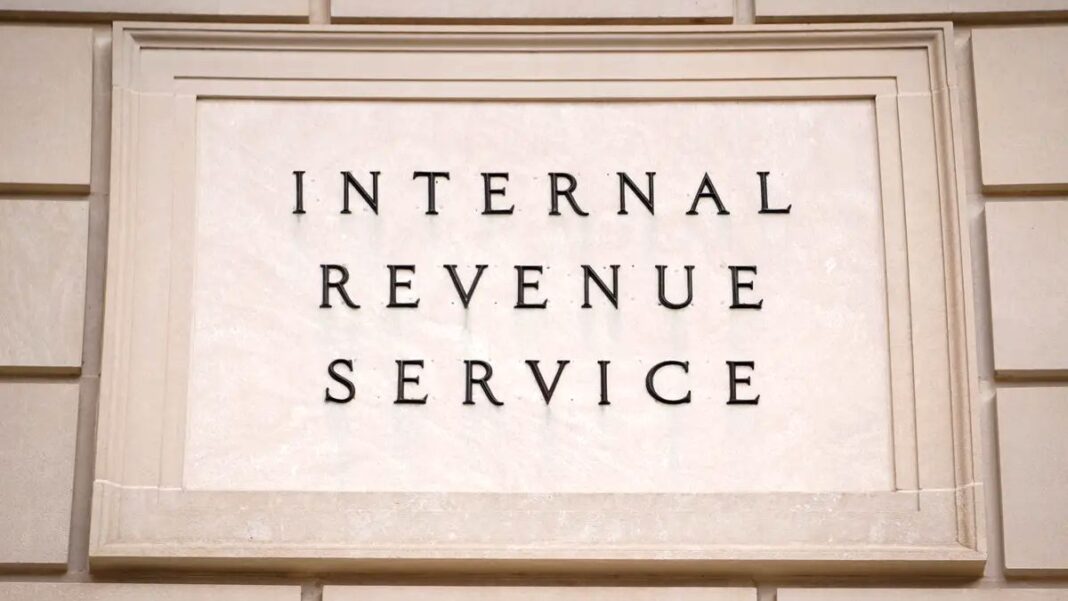The prosecutors are holding fast to a March 4, 2024, trial date—the day before the Super Tuesday primary elections. Trump described it as a “hail Mary” effort.
The U.S. Supreme Court on Monday agreed to fast-track consideration of special counsel Jack Smith’s petition for an immediate ruling on whether former President Donald Trump can rely on the defense of presidential immunity in the federal election case.
The order was issued on Monday afternoon, hours after Mr. Smith sought to bypass President Trump’s appeal on this issue by seeking a quick ruling by the nation’s highest court. President Trump is ordered to file a response by 4 p.m. on Dec. 20.
Mr. Smith has charged President Trump on four counts regarding his actions to challenge the 2020 election results; President Trump has filed four motions to dismiss the case. Several were rejected by U.S. District Judge Tanya Chutkan, and the defense has since appealed the motion to dismiss based on presidential immunity to a federal appeals court.
The prosecutors are asking the Supreme Court “whether a former President is absolutely immune from federal prosecution for crimes committed while in office or is constitutionally protected from federal prosecution when he has been impeached but not convicted before the criminal proceedings begin.”
President Trump had asked the district court to pause proceedings pending appeal, noting that he would seek that pause from the appeals court if the district court didn’t grant it. If granted in either court, the legal strategy would certainly throw off the trial schedule.
Prosecutors are now asking the Supreme Court to issue judgment before the appeals court makes a decision.
“This case presents a fundamental question at the heart of our democracy,” the special counsel’s team argued in the new filing. “The district court rejected respondent’s claims, correctly recognizing that former Presidents are not above the law and are accountable for their violations of federal criminal law while in office.”
They argue that President Trump’s legal strategy in the appellate court now jeopardizes the March 4, 2024, trial date.
“It is of imperative public importance that respondent’s claims of immunity be resolved by this Court and that respondent’s trial proceed as promptly as possible if his claim of immunity is rejected,” the prosecutors argued.







